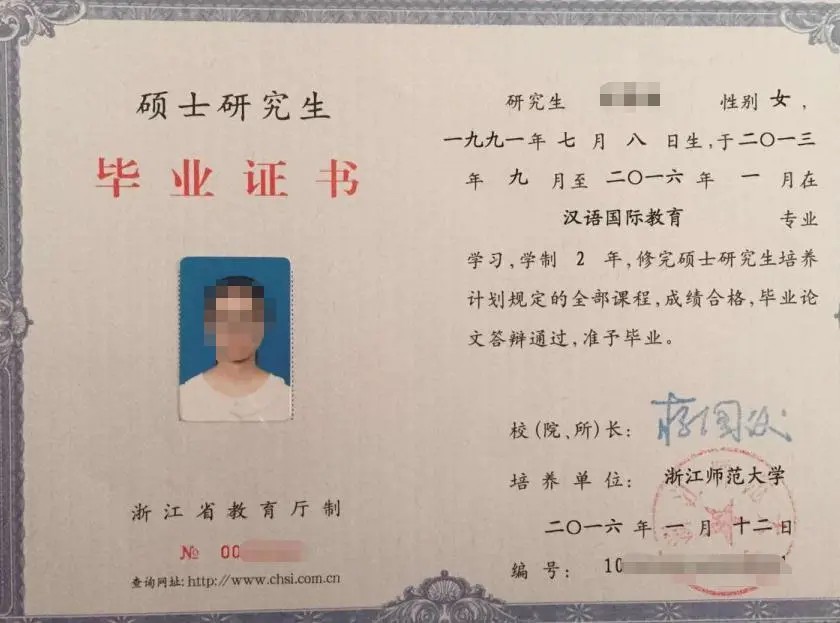A simple and direct way to indicate that you or someone is going to a specific place or has arrived at a specific place is to use the verb 到 (dào). 到 (dào) for Arriving in a Place The verb 到 (dào) is used to talk about arriving in places. Structure: Subj. + 到 + Place Examples: For these examples, it's straightforward to think of 到 (dào) as simply meaning "to arrive." 他们已经到酒吧了。 (tāmen yǐjīng dào jiǔbā le) = They have already arrived at the bar. 你到机场了吗? (nǐ dào jīchǎng le ma) = Have you arrived at the airport? 我已经到火车站了。 (wǒ yǐjīng dào huǒchēzhàn le) = I've already arrived at the train station. 我们先到北京 ,然后到香港。 (wǒmen xiān dào Běijīng, ránhòu dào Xiānggǎng) = First we'll arrive in Beijing, then in Hong Kong. In some examples translating 到 (dào) as "to arrive" doesn't work as well and you might need to expand your understanding of exactly what 到 (dào) means. That's what we'll examine below. 到 (dào) for Coming or Going to a Place One commonly used structure takes the above one and adds a 来 (lái) or 去 (qù) to the end of the sentence. Structure: 到 + Place + 来 / 去 Examples: 我下午在家,你可以到我家来。(wǒ xiàwǔ zài jiā, nǐ kěyǐ dào wǒ jiā lái) = I'll be home this afternoon. You can come to my house. 老板马上到办公室去。(lǎobǎn mǎshàng dào bàngōngshì qù) = The boss is going to the office right now. Going to a Place and Performing an Action If you are going to a place to do something else, you can first use 到 (dào) to indicate where you're going, then add another verb after that. This has the meaning of "going to the place to do something," and it's one case where the "arrive" translation doesn't really work anymore. Structure: Subj. + 到 + Place + Verb Phrase Examples: 明天我要到南京路买衣服。 (míngtiān wǒ yào dào Nánjīng Lù mǎi yīfu) = Tomorrow I'll go to Nanjing Road to buy clothes. 你们晚上到哪儿吃饭啊?(nǐmen wǎnshang dào nǎr chīfàn a) = Where will you all go to eat food this evening? 我跟朋友经常到KTV唱歌。 (wǒ gēn péngyou jīngcháng dào KTV chànggē) = I often go to Karaoke to sing songs with friends. 今年春节我要到女朋友家见她的父母。 (jīnnián Chūnjié wǒ yào dào nǚpéngyou jiā jiàn tā de fùmǔ) = This Spring Festival I am going to my girlfriend's house to meet her parents. 下个月我要到美国出差。 (xià gè yuè wǒ yào dào Měiguó chūchāi) = Next month I need to go to the USA on a business trip. You might be wondering: can I just use 去 (qù) instead of 到 (dào)? For sentences like this, yes, you can. But native speakers will frequently use 到 (dào) in this way, so it's still good to be familiar with this pattern. If you want to sound more native, you should use it too! 到 (dào), 去 (qù), and 走 (zǒu) Sometimes it can be hard to figure out exactly which word to use in Chinese to mean "go." 到 (dào) is used when you talk about arriving at a place, emphasizing the destination. 去 (qù) is used when you are going to a place. The exact meaning is "to go," and it emphasizes getting to somewhere. 走 (zǒu) is used when talking about "leaving." The emphasis is on getting away from a particular place. # Our teachers # More than 10 years teaching experience Master Degree Certificate for teaching chinese as a foreign language   # About us # Founded in 2007 Chinese test and training center 200+ Chinese teachers 5000+ students  # Contact us# Name:fiona Phone number:021-52287809,13918358891 E-mail:info@mandarinmorning.com www.mandarinmorning.com If you are interested to join Mandarin Morning school or want more details about our services, scan the following QR code. ☟   Mandarin Morning Chinese test center attached to Confucius institute headquarters Authorized Test Center and Training Center for International Chinese Language Teacher Certificater 10 years+ ,200 teachers ,more 10000 students,200+companies  |